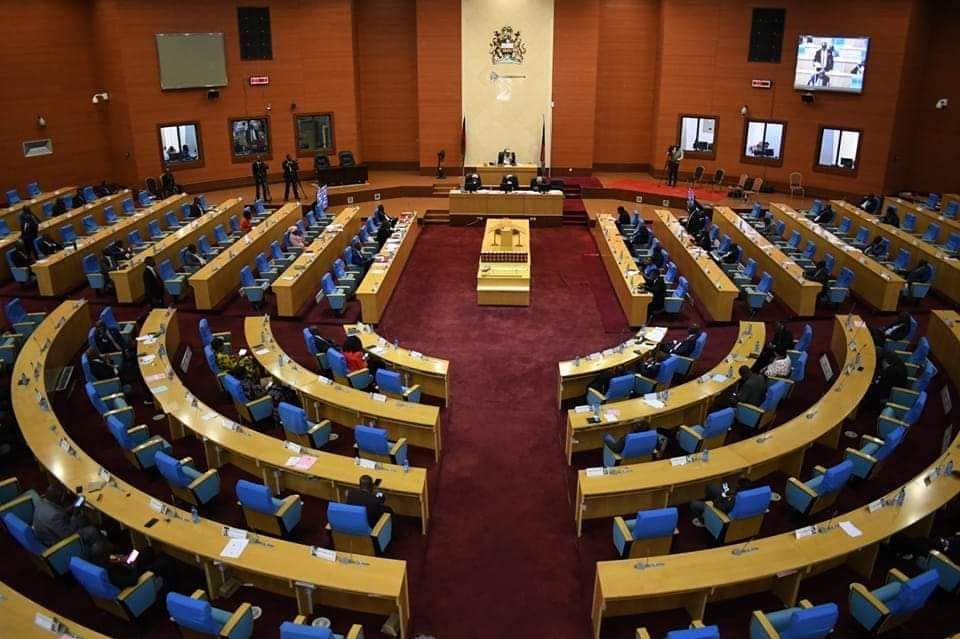By Twink Jones Gadama
In a resounding call for fairness and inclusivity, a group of concerned clergy has urged members of parliament to refrain from tabling an age bill that they argue is discriminatory against elders.
Led by prominent clergyman Steve Chimwaza, the group criticized the decision to introduce legislation without proper consultation and labeled the politics of tit-for-tat as archaic and retrogressive.

With their voices amplified by a growing public outcry, the clergy’s plea highlights their unwavering commitment to ensure all voices are heard and respected in matters of legislative importance.
Emblematic of their dedication, Chimwaza announced that clergy members would converge at parliament to voice their concerns with the proposed bill.
The crux of the clergy’s opposition lies in their assertion that the age bill, as currently proposed, lacks the necessary consultation required for a fair representation of the broader population.
According to Chimwaza, the individual responsible for introducing the bill failed to seek input from relevant stakeholders before drafting it, thereby excluding crucial perspectives.
“It is not acceptable to table legislation with an eye on someone,” Chimwaza stated. “The politics of tit for tat are archaic and retrogressive.
As clergy, we must ensure that the voices of the marginalized are always considered and that legislation reflects the needs and aspirations of the people it seeks to serve.”
This call for consultation extends beyond the clergy and resonates with many citizens who share the concerns surrounding the current age bill.
In a society that values inclusivity and diversity, the clergy’s efforts have energized the ongoing debate around the fairness of the proposed legislation.
The move by the concerned clergy to take their concerns directly to parliament demonstrates their commitment to engaging in constructive dialogue and striving for a more democratic process.
As Chimwaza emphasized, the absence of consultation undermines the legitimacy of any legislation and disregards the principles of representative governance.
Informed by their deep-rooted moral compass, the clergy’s advocacy for fair legislation is part of a larger narrative driving positive change within society.
By questioning the legitimacy of the age bill and advocating for more inclusive decision-making processes, the clergy reinforces the core values of respect, equity, and justice.
As the date of their scheduled gathering approaches, the clergy’s mobilization serves as both a warning to lawmakers and an inspiration to citizens. By standing up against discriminatory legislation, the clergy hopes to prompt a critical reflection among parliamentarians, leading to improved legislation that genuinely represents the interests of all citizens.
In a time where the ability to work collaboratively and inclusively is paramount, the clergy’s call for consultation and fairness sends a powerful message.
Their efforts signify that the path to a fairer society is paved with dialogue, understanding, and a commitment to hearing and respecting all perspectives.


